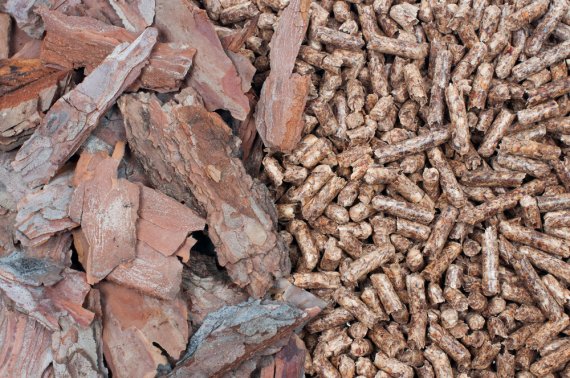© Shutterstock
A delegation from the NVAO came to campus on Friday 16 February to assess the new Master’s. The committee was positive but also made a caveat. Sonja Isken, the intended programme director: ‘The members want to know how we will test the interdisciplinary modules. They want to see an example exam, but modules such as the Circular Economy and Principles in Biobased Economy don’t even exist yet. We’ve developed course materials but no exams so far. So now we need to work on that.’
The intention is that the new Master’s will prepare students to work on a future in which we are less dependent on fossil raw materials, says Isken. ‘Our entire economy is based on petroleum; our energy, our materials, plastics, pharmaceuticals. We want to make the transition to different forms of biomass as the foundation for our economy. Think of maize, the stalks from maize and soya or seaweed and algae.’
Circular economy
There is a lot of knowledge in Wageningen about the different kinds of biomass and how to process them. All that knowledge is now being bundled together in the new Master’s. The Master’s students will learn how to develop the different kinds of biomass, in other words the primary production. Then the course will deal with conversion of the biomass into useful products. A third topic is the circular economy using biomass as the raw materials.
The Master’s is suitable for Bachelor’s students with a science background, for example in Plant Sciences, Biotechnology or Biochemistry. ‘But economists can also do this Master’s because we have three specializations, one of which is Biobased and Circular Economy,’ says Isken.
When asked whether Wageningen might be a bit late with this degree, Isken says the idea arose back in 2006 but the different steps involved in setting up a Master’s degree cost time. ‘We started with optional modules, with minors, then we introduced those optional subjects into the Bachelor’s. After that, we looked at how the research was developing and included modules in the various Master’s programmes. Once there was enough body to set up an entire degree programme, we submitted an application.’
The NVAO will give its final decision on 22 March.
Also read:
WUR proposes solvents from residual waste
Bioplastics: fact and fiction

